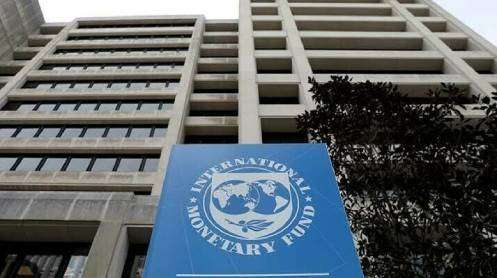ISLAMABAD: International Financial Institutions (IFIs) have sounded the alarm over Pakistan’s growing climate vulnerability and environmental degradation, cautioning that unchecked population growth and dwindling natural resources could intensify the country’s economic and ecological fragility.
The warning emerged during the closing plenary of the 28th Sustainable Development Conference, held on Friday, where experts — including representatives from the World Bank, International Monetary Fund (IMF), and United Nations Development Programme (UNDP) — emphasized the urgent need for policy reforms, sustainable financing, and integrated climate action.
World Bank Country Director Dr. Bolormaa Amgaabazar said Pakistan faces one of the highest climate vulnerability levels globally, with rising exposure to natural disasters, severe air and water pollution, and rapid population growth straining limited natural resources.
Citing the World Bank’s Climate and Country Development Report, she warned that Pakistan could face a 20–30% decline in GDP by 2050 if corrective measures are not taken.
“Pre-arranged, predictable multi-year financing is essential for Pakistan to respond to emergencies through multi-sectoral development investments,” she noted. Dr. Bolormaa also highlighted the World Bank’s $20 billion Country Partnership Framework, which will guide Pakistan’s development priorities over the next two decades.
Meanwhile, IMF Country Representative Mahir Binici said Pakistan’s newly approved $1.4 billion Resilience and Sustainability Facility (RSF) is designed to strengthen the country’s economic resilience and integrate climate considerations into public financial management.
“The RSF complements Pakistan’s ongoing Extended Fund Facility (EFF), and together, both programmes aim to steer the country toward stronger, more inclusive, and climate-resilient growth,” he stated.
He added that starting next fiscal year, Pakistan will begin embedding climate priorities into its budgetary framework — including climate screening of major infrastructure projects under the Public Sector Development Programme (PSDP) — to improve transparency and accountability.
UNDP Resident Representative Samuel Rizk highlighted that the world is entering a transformative era where sustainable financing has become central to national development agendas. He underscored that governments remain the largest source of sustainable development financing, supported by multilateral institutions and the private sector.
Experts concluded that Pakistan’s path to stability hinges on aligning its economic reforms with climate resilience, ensuring transparent governance, and mobilizing international and domestic financing for long-term sustainable development.
Story by Mubarak Zeb Khan







